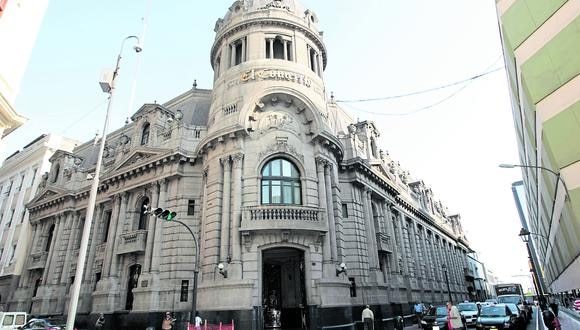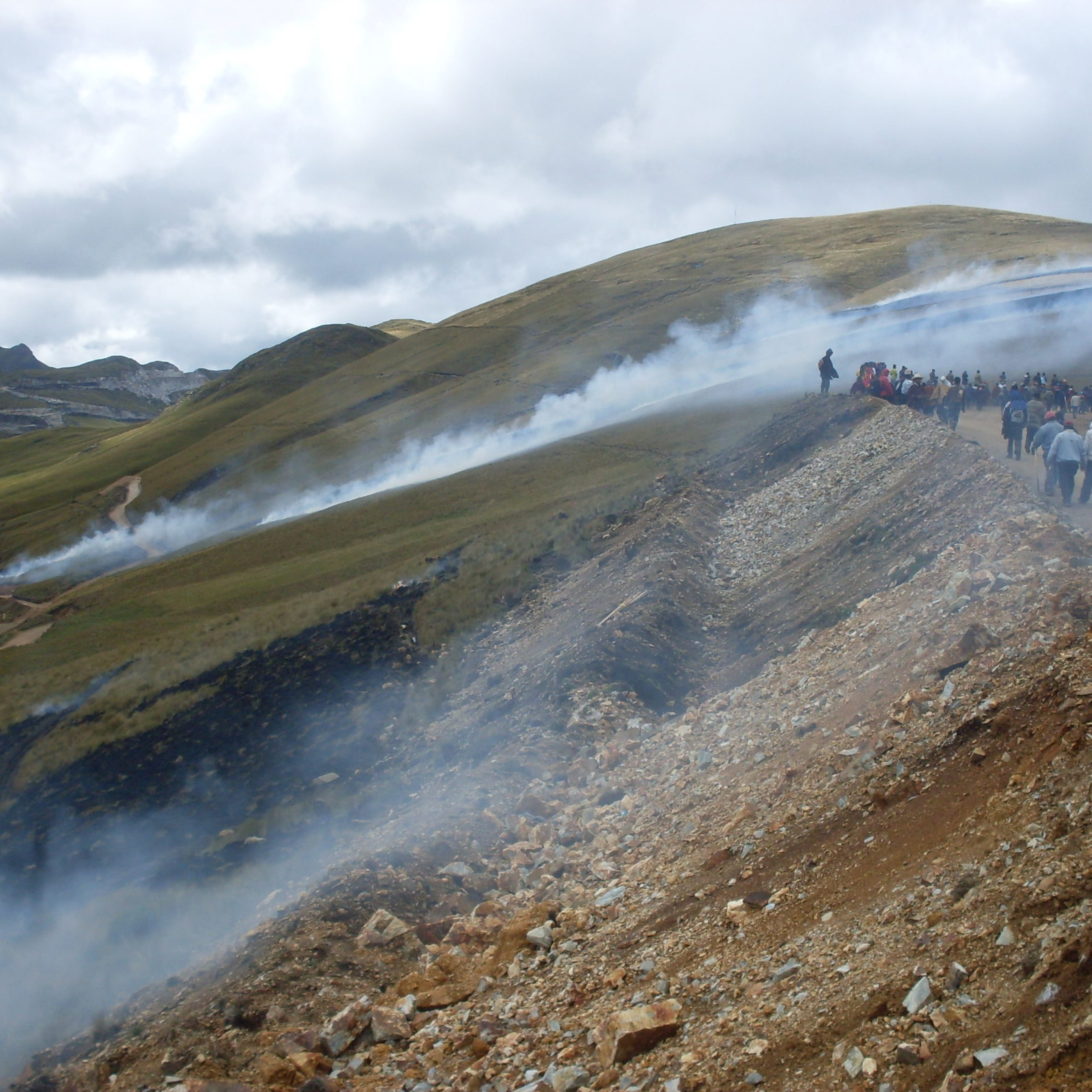Location: Peru
According to the CIVICUS Monitor, civic space in Peru is rated as “obstructed”. Human rights groups warned of a rapid decline in civic freedoms in Peru since former president Pedro Castillo’s ousting and arrest on 7th December 2022. Protests erupted, calling for early general elections. The situation has been marked by serious human rights violations, including over 50 deaths, suspected extrajudicial executions and attacks on journalists. Civil society organisations have recorded multiple human rights violations, including arbitrary arrests, the use of prohibited munitions by law enforcement, and instances of officers firing tear gas canisters from close range directly at protesters’ bodies.
The lack of diversity and pluralism in Peru’s media is also a concern, with mainstream outlets closely associated with conservative editorial lines, while community and Indigenous media are marginalised. Political polarisation has contributed to a climate of hostility against the press, with journalists facing physical attacks by supporters of public officials across the political spectrum.
Human rights defenders in Peru face recurrent violence, including intimidation, harassment, stigmatisation and killings, with Indigenous communities being most at risk. The situation is exacerbated by decades-long struggles for recognition of their territorial rights. Human rights organisations and defenders have also faced an escalation in harassment and attacks by extremist groups linked with the far-right, who have adopted intimidating practices such as surrounding the offices of human rights organisations to harass and attack people entering and leaving the premises.
For more information about the country, visit: https://monitor.civicus.org/country/peru/
Map: <iframe src=’https://monitor.civicus.org/widgets/country_map/PER/’ width=’100%’ height=’672′ allowfullscreen frameborder=’0′></iframe>
-

Sale of Peruvian media company Epensa to El Comercio: Media concentration in Peru
This case discusses an amparo action filed by a group of journalists against a sale that consolidated Grupo El Comercio, a publishing company, as a media monopoly in Peru. The latest appeal is still pending.
-

Elmer Campos v Yanacocha
Elmer Campos was shot while participating in a protest against a gold mine in Cajamarca, Peru. There are currently two proceedings still pending: a criminal one against the police agents responsible for his injuries, and another one to hold a private company accountable as a civilly responsible third party. His case is also under review…